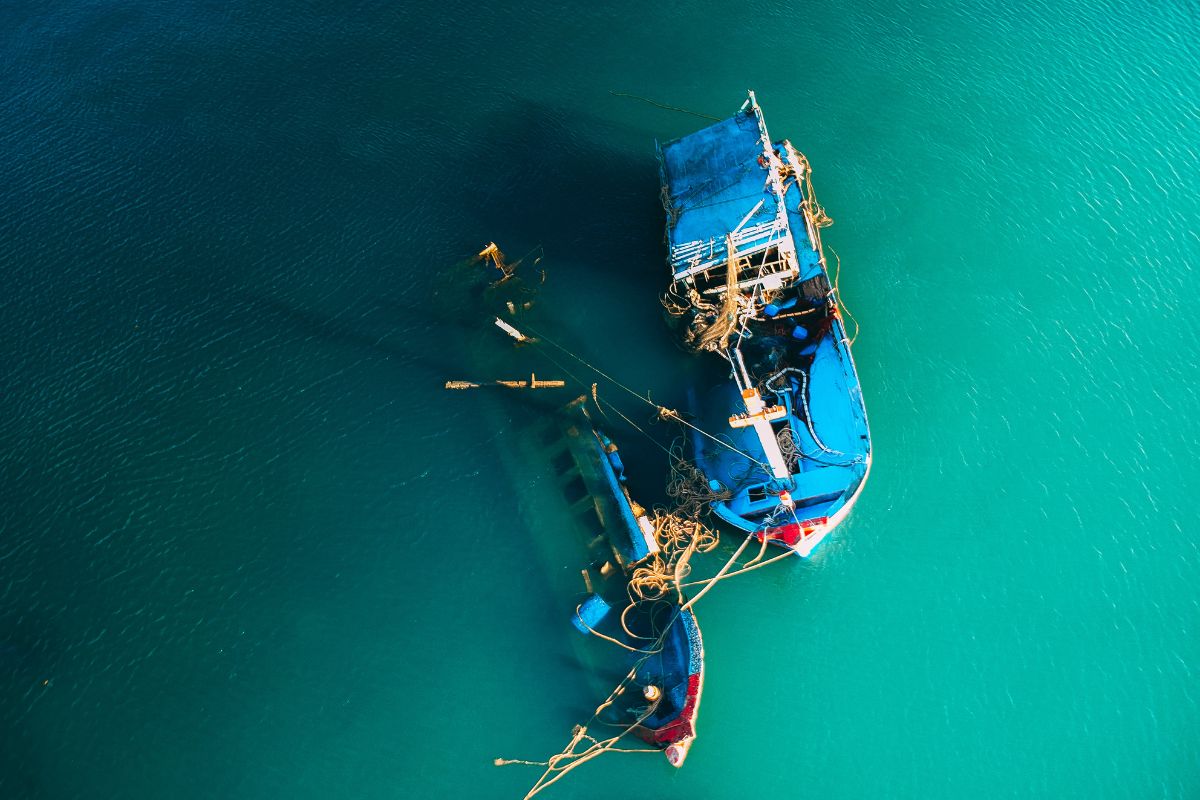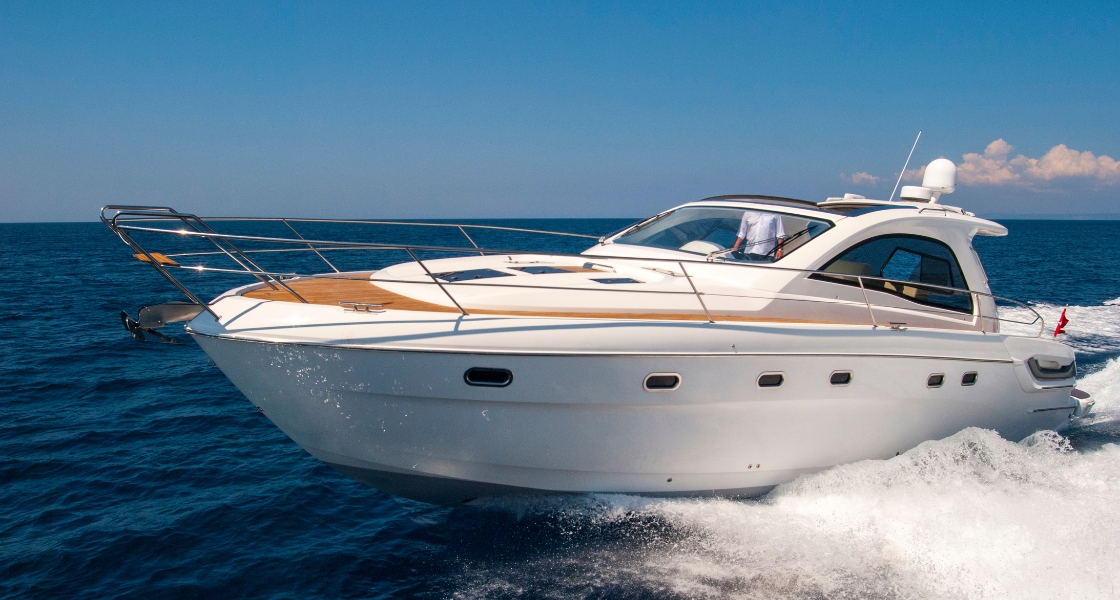
Boating is one of the most enjoyable summer activities, but it can quickly turn dangerous when alcohol is involved. Just like driving a car, operating a boat under the influence of alcohol severely impairs judgment, coordination, and reaction time. Unfortunately, alcohol plays a role in a significant number of boating accidents every year.
The consequences of boating while intoxicated (BUI) extend far beyond personal injury, affecting passengers, other boaters, and even those on the shoreline.
Understanding the risks and legal implications of alcohol-related boating accidents is crucial for anyone who takes to the water. In this blog, we’ll dive into how alcohol impacts boating performance, the legal consequences of BUI, and how you can protect yourself and others while enjoying a day on the water.
Whether you’re a seasoned boater or a first-timer, this information is vital to ensuring a safe, enjoyable experience on the water. Stay informed, stay safe, and always remember: a little responsibility can go a long way in preventing tragic accidents.
Understanding Boating Under the Influence (BUI)
Boating Under the Influence (BUI) is a serious offense with dangerous consequences. Similar to driving under the influence (DUI), it refers to operating a boat while impaired by alcohol or drugs. When alcohol enters the picture, it impairs your ability to control the vessel, make sound decisions, and respond to unexpected situations.
- Definition of Boating Under the Influence (BUI): BUI is when the operator’s blood alcohol concentration (BAC) exceeds the legal limit, which is typically 0.08%, similar to DUI laws for vehicles.
- How alcohol impairs boating skills and judgment: Alcohol can slow reaction time, impair balance, and diminish judgment, all of which are critical when operating a boat. The combination of wind, water, and noise makes it even harder for an intoxicated person to concentrate.
- Differences between BUI and DUI laws: While both BUI and DUI laws aim to keep impaired individuals off the roads or waterways, BUI laws are specific to boating. However, penalties for both offenses can include fines, jail time, and suspension of driving or boating privileges.
Legal Consequences of BUI
Boating under the influence carries serious legal consequences that can affect your freedom, finances, and future. Whether you’re on a personal boat or operating a rental, the law treats BUI offenses seriously.
- Penalties for operating a boat under the influence of alcohol: The legal penalties for BUI may include hefty fines, mandatory alcohol education classes, suspension of your boating license, and even jail time. Repeat offenders often face even stricter punishments.
- Differences in BUI laws across states: States vary in terms of enforcement. While the standard BAC limit for BUI is 0.08%, some states have stricter laws for minors or commercial operators, with lower BAC thresholds.
- Potential charges, fines, and license suspension for BUI offenders: Convictions can result in charges that range from misdemeanors to felonies. Fines can go up to thousands of dollars, and offenders may face suspension of their boating privileges for months or even years.
- BUI and its impact on insurance claims: If you’re caught boating under the influence, your insurance company may refuse to cover damages, leaving you personally liable for injuries, property damage, or medical expenses.
How Alcohol Affects Boating Performance and Safety?
Alcohol affects boating performance in much the same way it impairs the operation of a car. The difference is that boating requires heightened attention and rapid decision-making, making alcohol even more dangerous on the water.
- Impairment of motor skills, coordination, and decision-making ability: Alcohol affects the central nervous system, slowing motor functions and altering coordination. This is particularly dangerous in an environment where precise movements and fast decisions are necessary to avoid accidents.
- How alcohol affects reaction times and the ability to respond to emergencies: In emergency situations, alcohol hinders your ability to react swiftly. Boating accidents often require quick thinking and immediate action, but alcohol can delay your response time, increasing the risk of injury.
- The dangers of alcohol on both boat operators and passengers: Not only does alcohol impair the operator’s ability to control the boat, but it also reduces the passengers’ awareness of safety risks, putting everyone on board in danger.
Alcohol’s Contribution to Boating Accidents
Alcohol is a significant factor in many boating accidents. Impaired boat operators struggle to maintain control, leading to crashes, capsizes, or other life-threatening incidents.
- Common types of boating accidents linked to alcohol consumption: Alcohol is often a contributing factor in collisions with other boats, crashing into fixed objects, or falling overboard. Intoxicated operators may fail to navigate properly, causing accidents that could have been avoided.
- Alcohol-related fatalities and injuries statistics in boating accidents: According to the U.S. Coast Guard, alcohol contributes to nearly a quarter of all boating fatalities. Many of these deaths are preventable if boaters remained sober.
- Case studies or examples of recent alcohol-involved boating accidents: Many recent cases highlight how alcohol impairs decision-making, leading to tragic consequences. For instance, a recent incident involved a boat operator who collided with a stationary object while intoxicated, severely injuring passengers.
What to Do After an Alcohol-Related Boating Accident?
If you find yourself in an alcohol-related boating accident, there are critical steps you need to take to protect your legal and financial interests.
- Legal steps to take if involved in an alcohol-related boating accident: Report the accident immediately to authorities. Failure to do so could lead to additional penalties. Provide all necessary information and cooperate with law enforcement.
- Importance of reporting the accident and cooperating with authorities: Reporting the incident is not just a legal requirement—it helps ensure proper documentation of the accident, which can be crucial for your case later on.
- How to gather evidence and work with legal professionals after the incident: Taking pictures, collecting witness statements, and documenting any injuries is essential. It’s important to consult with boating accident lawyers to navigate the legal process and secure the compensation you deserve.
The Role of Legal Experts in Alcohol-Related Boating Accidents
When alcohol is involved in a boating accident, the legal complexities increase. Having an experienced lawyer by your side can make a huge difference in the outcome of your case.
- How a personal injury or maritime attorney can help in alcohol-related boating accidents: A lawyer specializing in boating accidents can assist with filing claims, negotiating with insurance companies, and ensuring that all evidence is presented properly in court.
- The legal process following a BUI accident: Attorneys specializing in boating accidents will guide you through the legal maze, from reporting to court proceedings. They ensure you don’t miss any crucial steps.
- How lawyers can assist in securing compensation for victims: Legal professionals can help you recover compensation for medical bills, lost wages, and emotional distress caused by alcohol-related accidents. Having the right lawyer can significantly improve the chances of a favorable settlement.
Boating under the influence can have life-altering consequences, both for those on the water and the wider community. Understanding the legal implications and the impact alcohol has on safety is crucial for preventing accidents. Whether you’re an operator or a passenger, staying informed and sober can save lives. Always be mindful of the dangers, and if you’re involved in an alcohol-related boating incident, don’t hesitate to seek legal guidance. The right steps after an accident can make all the difference.





